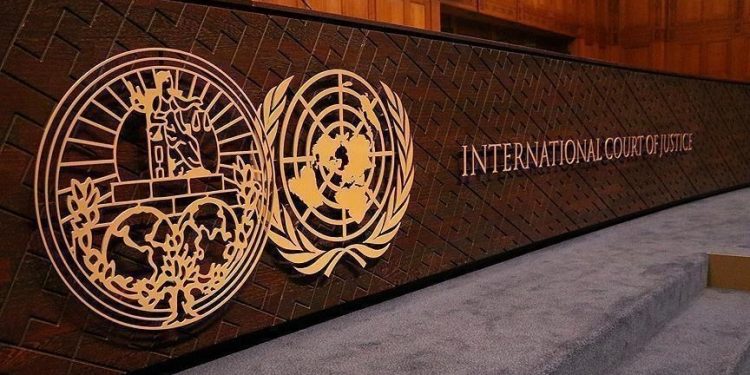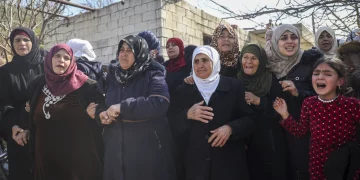The rejection by the International Court of Justice (ICJ) of the Myanmar military junta’s objections to a case of alleged state-sponsored killing, rape and forcible eviction of the country’s Rohingya Moslems in Rakhine state is one step forward to make the junta accountable for brutal repression on the ethnic population. The case concerns Myanmar’s alleged genocide against the Rohingyas in military operations launched in October 2016 and August 2017. Myanmar’s military launched what it called a clearance campaign in Rakhine state in 2017 in the aftermath of an attack by a Rohingya armed group. More than 700,000 Rohingya Moslems fled to neighbouring Bangladesh. Myanmar security forces have been accused of mass rapes, killings and torching thousands of Rohingya homes. About 600,000 Rohingyas remained in Rakhine despite the crackdown. More than 100,000 live in “displacement” camps that Human Rights Watch has described as “squalid and abusive” with “severe limitations” on their movement, education and healthcare. Amnesty has said the sordid treatment being meted out to the ethnic group living in Rakhine is comparable to the notorious apartheid in South Africa. Since the February 2021 coup, the military junta has placed even greater movement restrictions and harsher punishments on the Rohingyas for attempting to leave the country.
Strangely, no other country seriously defended the Rohingyas except Gambia which filed the case before the ICJ in November 2019 alleging that the Myanmar military had committed the genocidal acts of killing, causing serious bodily and mental harm, inflicting conditions that are calculated to bring about physical destruction, imposing measures to prevent births and forcible transfers intended to destroy the Rohingya group in whole or in part. Myanmar questioned Gambia’s “interference” in its internal matter, but the ICJ ruled the latter, as a party to the Genocide Convention, has every right to take up the cause of the Rohingyas. Canada and Netherlands have rallied behind Gambia in the ICJ case.
The rejection of the preliminary objections by the ICJ means the case can now proceed on merit to examine Gambia’s genocide allegations against Myanmar. The latter will now have to submit its response in writing and cannot delay the case on any pretext. The ICJ case is not a criminal one against individual suspects, but a legal action that alleges Myanmar bears responsibility for the genocide as a state.
In December 2019, the court heard the case on Gambia’s request for provisional measures to protect the Rohingyas remaining in Myanmar from genocide, prevent all attacks on them and take steps to preserve evidence related to the case. The court also ordered Myanmar to report on its compliance with the provisional measures every six months. But, reports suggest there has been no let-up in the persecution of the hapless people.
Hope of justice for the Rohingyas stems from the fact that the decks are now cleared for making the junta legally accountable. At the same time prosecutors at the International Criminal Court (ICC) will investigate the alleged crimes following a case in the ICC filed by the British Rohingya Organisation UK (BROUK). The ICC can prosecute alleged breaches of international law committed anywhere in the world.
While the court’s decisions are binding and countries generally follow them, it has no way of enforcing them. The UN Security Council can, on the basis of the investigation, bring more pressure on the junta by cutting off its supply of arms and revenue, even if a resolution to this effect is vetoed by Russia or China, who are friendly towards the regime for their strategic and commercial interests.
This is all the more necessary since the junta has no compunction even now as is evident from the execution of four people, including top pro-democracy activists over the weekend. The military regime denied bodies to their families on the inhuman plea that prison rules do not require handing them over. The four had been arrested last year with trumped-up charges of “brutal murders of innocent people” in March 2021. It is for the first time since the 1980s that Myanmar has carried out executions.
Gambia’s spirited defence of the Rohingyas is a lesson for the whole civilized world on how to respond to genocidal governments, no matter where they exist.






































